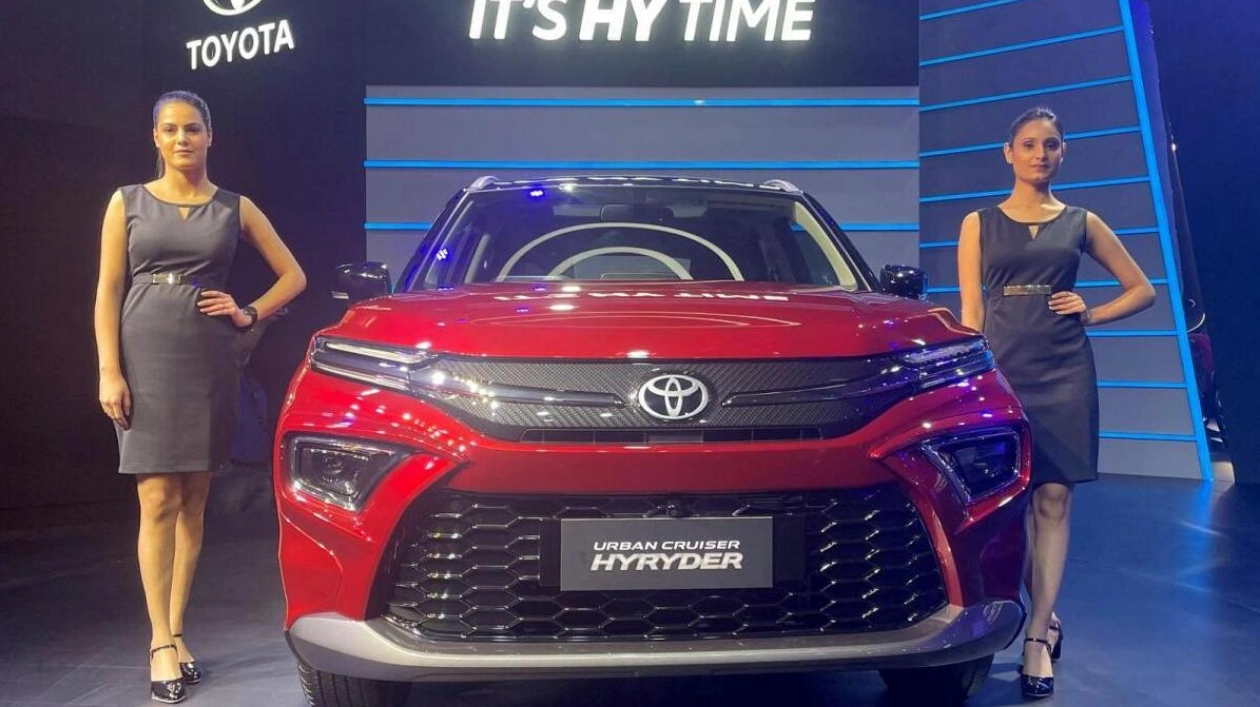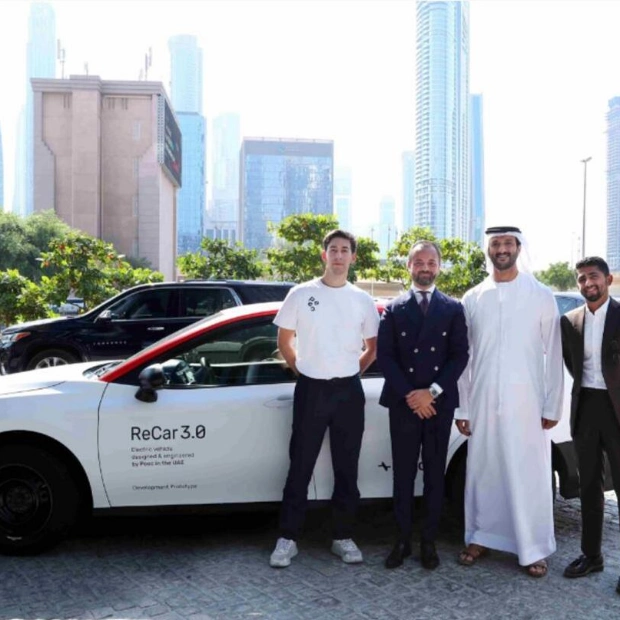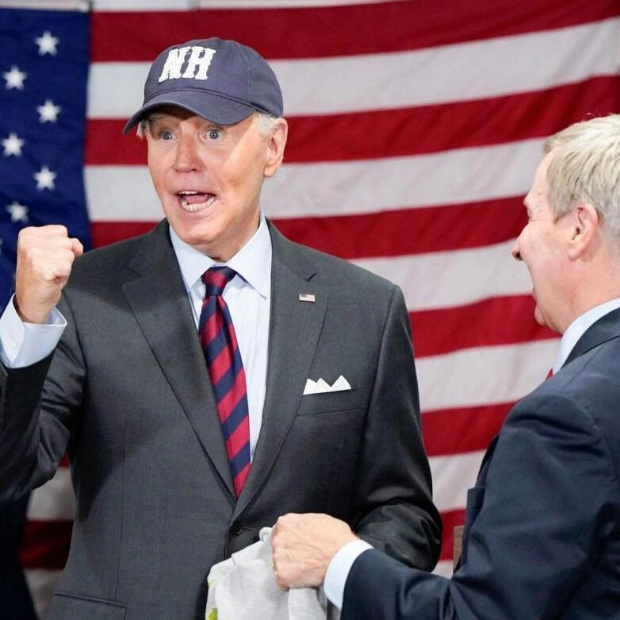Japanese automakers Toyota and Maruti Suzuki are aggressively marketing their hybrid cars in Uttar Pradesh, India's most populous state, capitalizing on tax waivers that have caused discontent among their competitors. These waivers have divided India's auto industry, with Tata Motors, Mahindra and Mahindra, and Hyundai expressing concerns that their sales of pure electric cars will be negatively impacted. Despite their efforts to overturn the July decision, which failed last month, they now worry that other states might adopt similar policies.
At the Sunny Toyota showroom in Lucknow, the capital of Uttar Pradesh, sales staff are contacting customers who have visited in the past six months to inform them about the advantages of hybrid tax waivers, which could save them up to $15,800 on the luxury Toyota Vellfire model and $5,200 on the Camry sedan. An Instagram ad from the dealer promotes, "Save big .... Order now and get your hybrid vehicle delivered right at your doorstep."
This marketing push follows Toyota's successful lobbying to secure tax waivers on hybrid car sales in Uttar Pradesh, which accounts for a tenth of India's car sales, resulting in approximately 10% savings. India imposes a federal tax of 5% on EVs, while hybrids are taxed at 43%, just below the 48% for gasoline cars, with additional state taxes determined by local governments. Toyota has focused globally more on hybrids, which combine gasoline engines and batteries, a strategy that could prove beneficial as concerns about charging infrastructure and high prices limit demand for EVs globally, while hybrid sales increase.
In Uttar Pradesh, salespeople for both Toyota and Maruti Suzuki, which also supports the waivers, report a rise in hybrid inquiries and have been instructed by their companies to boost sales. A Maruti salesperson mentioned, "We have been asked to sell a minimum of 250 cars in a month. There is a lot of pressure. We are trying to shift all sales to hybrids." Toyota did not respond to a request for comment. Rahul Bharti, executive director for corporate affairs at Maruti, noted that showroom inquiries for hybrids have nearly doubled since the benefits were implemented.
Online and WhatsApp ads reviewed by Reuters highlight taglines such as "Enjoy the nil road tax offer" and "Say Good Bye to Diesel." At the Sunny Toyota dealership visited by Reuters, sales staff were discussing targeting customers interested in gasoline or diesel variants who might now opt for more expensive hybrid cars due to the tax waiver. Some dealers are urging customers to act quickly, with Praveen Saxena, a sales manager at a Toyota showroom in Kanpur, stating that his hybrid car sales increased by 50% after the tax waivers. K.S. Dhatwalia, a former Indian government official, decided to purchase a new Toyota hybrid Hyryder, partly due to the tax benefits, noting that "Hybrids are less polluting and there was an additional tax saving too."






